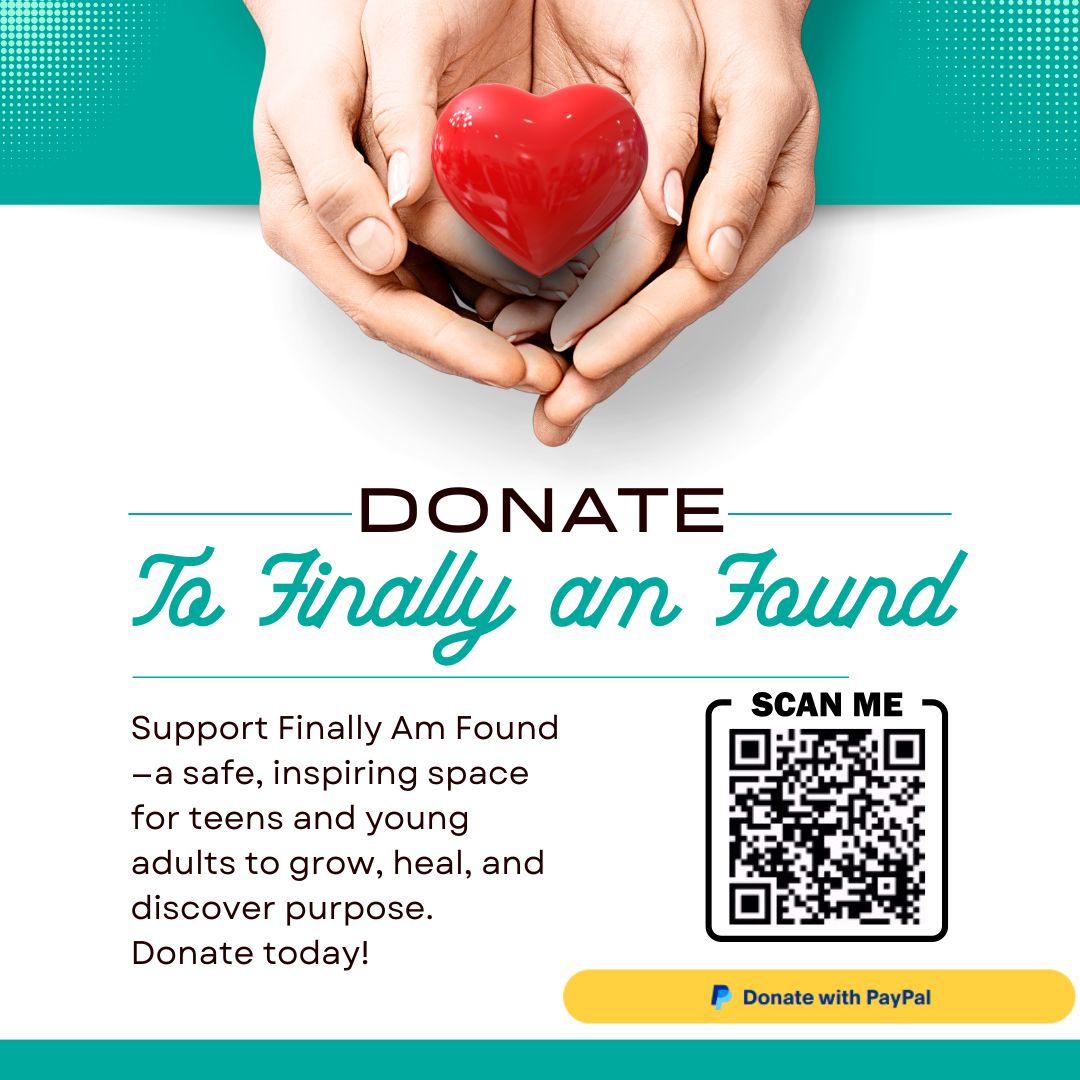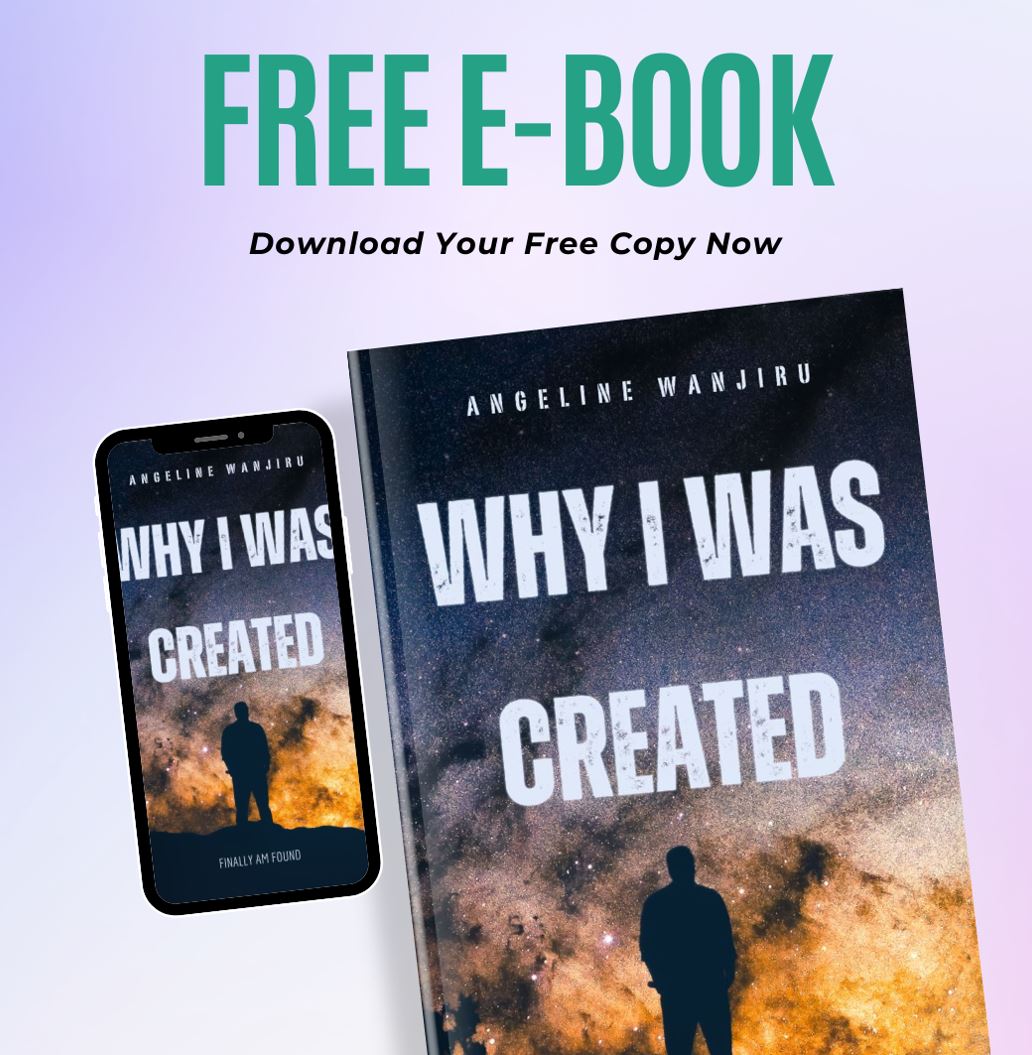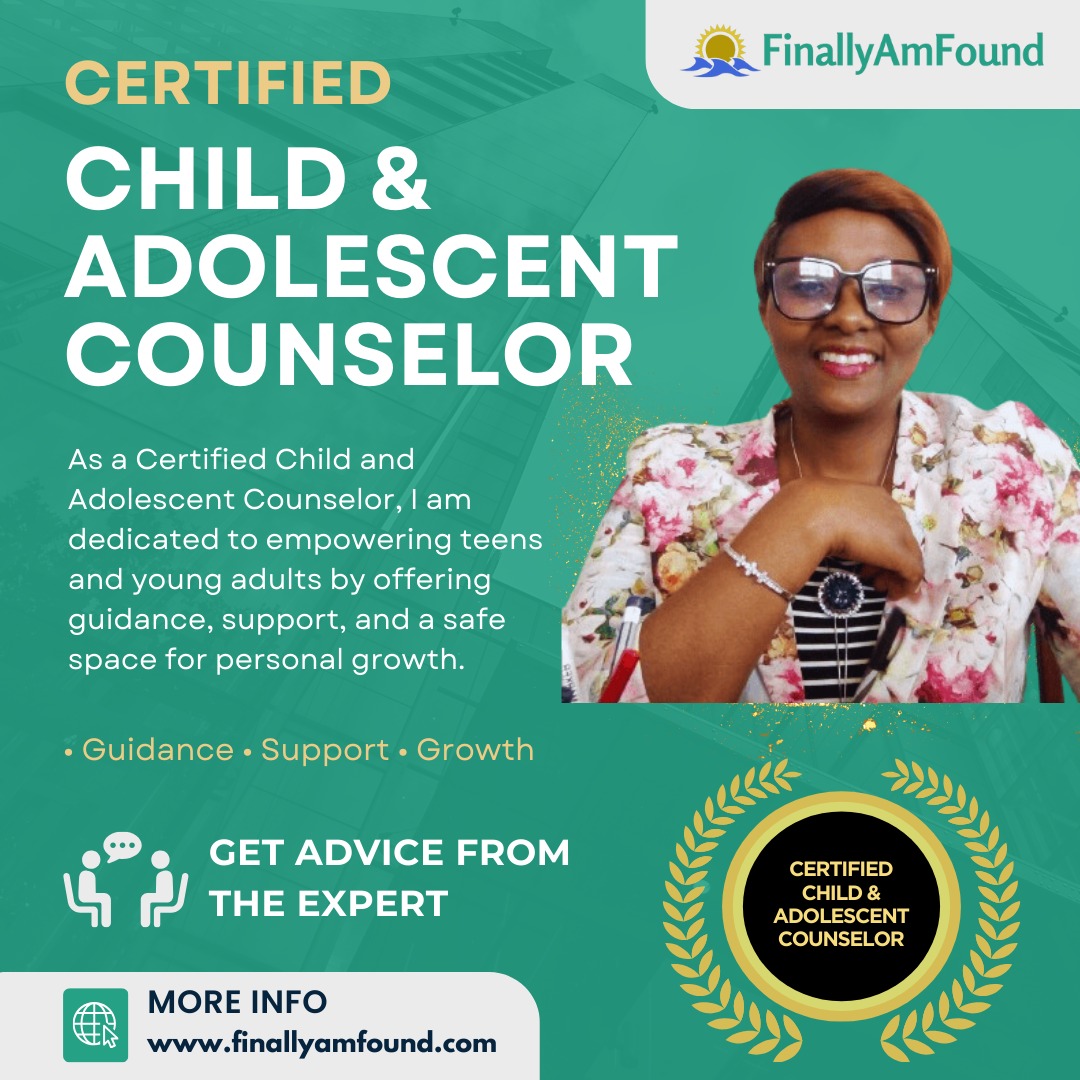Ever find yourself saying things that aren’t exactly true?
Telling your friend you’ve already applied when you haven’t?
“I’ve been praying about it.” (When you haven’t, and you’re avoiding time with God.)
Pretending you’re doing okay when you’re barely holding on?
Saying you’re “fine” when your heart feels heavy?
“No, I’m not offended; it’s okay.” (When a comment or action deeply hurt you.
“Oh, I’ve seen that movie/series/influencer.” (When you haven’t, but you want to be part of the conversation.
“I’m not on social media that much.” (When you spend hours scrolling every day but feel ashamed of it.)
Maybe you lie about small things—your grades, your dreams, your family situation, or even how you feel.
Not because you’re a bad person. But because you’re scared.
Scared of being judged or being vulnerable. Scared of being misunderstood. Scared of being left out.
As your mentor, I see this struggle constantly. And I want you to know something: You don’t have to live this way.
Part 1: Why We Lie (Without Judgment)
Lying, even about the small stuff, is often a sign of a deeper fear in our hearts. It’s not about being a bad person, but about protecting a fragile sense of self.
- To impress: So people don’t think we’re “behind.” We chase the world’s definition of success, forgetting that our true worth is found in God’s eyes, not man’s.
- To hide: From shame, failure, or fear. We believe our failures disqualify us from love, even God’s love, so we hide them in plain sight.
- To protect ourselves: From rejection or questions we can’t answer. We build walls around our vulnerability, trying to feel safe.
- To fit in: Even if we feel like impostors. We seek to belong to a crowd, believing their acceptance is more important than our authenticity.
We lie because the truth feels risky. Because pretending feels safer. But what if it’s not?
Part 2: The Cost of a Lie
The truth is, a lie feels easier in the moment, but it costs you your peace. It builds walls around your heart, and slowly, you forget who the real you is—the person God created you to be.
- You start losing track of who you are: You blur the lines between who you are and who you’re pretending to be, disconnecting from your true identity in Christ.
- You feel disconnected from real friendships: Lying builds a wall between you and others, preventing genuine connection. You can’t be fully known if you’re not fully seen.
- You carry a constant low-grade anxiety: The fear of being found out creates a relentless stress.
- You feel like you have to keep performing: Lying is a performance, and it’s exhausting. You start believing your worth is based on your act, not on God’s unchanging love.
- You start fearing exposure more than failure: The possibility of your lie being revealed becomes a greater source of anxiety than the problem you were trying to hide.
Part 3: How to Break Free with Grace
This isn’t about being perfect. It’s about being honest with God and with yourself. Here’s how to start walking toward the truth. Colossians 3:5-10
1. Start Noticing When You Lie
Even if you don’t stop yet, just notice the impulse. That’s where truth starts growing. It’s the first step toward self-awareness and inviting God into those moments.
2. Ask Yourself: What Am I Protecting?
Before you speak, pause and ask, “What am I afraid they’ll think if I tell the truth?” This question shines a light on your fears and allows you to address them directly with God.
3. Try ‘Truth-Lites’
You don’t have to share everything at once. Practice small acts of truth.
- Say: “I’m still figuring that out.”
- Or: “It hasn’t worked yet, but I haven’t given up.”
- Or: “It’s not where I want it to be yet.”
- Instead of: “No, I’m not offended; it’s okay.” try saying: “I’m not sure how I feel about that comment right now.” or “That comment landed a bit heavy with me.”
4. Practice Being Real with One Safe Person
Don’t tell everyone. Tell one. Confession to a trusted friend or mentor brings immense relief and accountability. It’s a key part of the Christian community.
5. Replace Lies with Purpose
Don’t just focus on stopping the lies. Start living what you’ve been pretending. Instead of saying you’ve applied, actually apply. Instead of saying you’re okay, go to God with your hurt. Take action rooted in your God-given purpose, and the need to lie will slowly disappear.
Don’t let the fear of disappointing others force you into a fake life.
If you’re on a journey — say that.
If you’re rebuilding — own that.
If you’ve changed — celebrate that.
The people who truly love you will see past your performance and love you anyway.
And if they don’t?
That says more about them than it does about you.
Your worth is not defined by your weight, your grades, your career, or how perfect your life looks.
It’s not measured by whether you meet every expectation your family—or society—places on you.
One of the greatest steps you can take as you grow is to stop carrying the fear of disappointing others.
Because fear of being “not enough” becomes a trap that follows you into adulthood—and it can steal your peace, your confidence, and your dreams.
Instead, choose to:
See yourself clearly—acknowledge your growth and your struggles.
Speak your truth gently—you don’t have to overshare or lie; you can set boundaries with love.
Value progress, not perfection—mistakes and delays don’t make you worthless; they make you human.
Remember that approval is nice, but freedom is priceless—you’re allowed to build your life around what is true, not what impresses.
Stop carrying shame for being in process.
Shame whispers:
- “You should be further by now.”
- “People would laugh if they knew the truth.”
- “You’re the only one struggling with this.”
But shame lies.
Shame traps you in silence.
Shame makes you edit your life to please others — and slowly, you lose yourself.
The truth?
Being in process is not failure. Its growth.
Everyone who looks strong now once had a shaky beginning.
Everyone you admire has private fears they had to overcome.
You are not behind.
You are not broken.
You are not disqualified.
You are just progressing even in minute ways. And becoming is messy.
So here’s the shift:
Instead of carrying shame, carry this truth with you:
“I’m growing. And that’s something to be proud of.”
Part 4: A Closing Word
You don’t have to fake your way to belonging.
You don’t have to lie your way into worth.
You’re not “behind”—you’re becoming.
And the truth will always be enough, because you are fearfully and wonderfully made by a God who sees all of you—the failures, the successes, the fears, and the dreams—and loves you completely.
When fear takes over, it often leads to quiet lies.
Not always big ones—sometimes it’s just:
“I’m fine.”
“Yes, I did.”
“I ate already.”
“I couldn’t come because I was busy.”
“I’m okay with it.”
“I saw that.”
But deep down, you’re shrinking.
You’re avoiding.
You’re hiding what hurts, or what you need, or who you are.
It feels safer in the moment. But over time, these little lies chip away at your voice, your truth, and your self-respect.
You don’t have to explain everything. But you also don’t have to pretend; you can give a light truth, avoiding oversharing.
Real freedom starts when you stop hiding and start standing in truth—even softly.
Common Lies vs Light Truths
1. Lie: “I know her.”
Light Truth:
- “I’ve heard of her, but I don’t know her personally.”
- “I follow her work, but we haven’t met.”
2. Lie: “He did it.”
Light Truth:
- “I’m not sure who did it—I just know I wasn’t ready myself.”
- “That part wasn’t clear to me either; maybe we misunderstood.”
3. Lie: “I earn more than that.”
Light Truth:
- “I’m growing slowly in my finances—figuring things out.”
- “It’s enough for now, but I’m working toward more.”
4. Lie: “I’m investing.”
Light Truth:
- “I’ve started learning about investing, but I’m not there yet.”
- “I want to start soon—I’m just gathering information.”
5. Lie: “I wanted the weight gain.”
Light Truth:
- “It wasn’t intentional, but I’m figuring out what my body needs.”
- “Not exactly what I planned, but I’m being kind to myself as I adjust.”
6. Lie: “I’m next to be promoted.”
Light Truth:
- “I’m putting in effort and hoping for growth, but it’s still unfolding.”
- “It’s not confirmed yet, but I’m working on it.”
Yet Colossians 3:5–10 invites us to take off the old self like a worn-out costume. It reminds us that truth isn’t weakness—it’s a new beginning. Lying isn’t just a habit—it’s a symptom of deeper fears and unhealed hurts. But the new self isn’t afraid to say, “I’m struggling,” “I failed,” or “I’m still figuring it out”—because it knows it’s loved anyway.
You don’t need a thousand lies to feel valuable. You’re already seen by the One who made you.
Ask God to heal the inner wounds from unmet childhood longings (like wanting your parents’ pride). These are emotional injuries or gaps we experience when our legitimate needs for love, affirmation, safety, or approval go unmet during our early years. For example:
- If you longed to hear, “I’m proud of you,” but rarely did…
- If you worked hard to gain attention but felt unseen…
- If you feared disappointing your parents, and that fear still shapes your choices today…
No longer needing to lie or overstate your progress to feel worthy.
Let’s Stop Hiding
Let’s be brave enough to tell the truth, even when it’s uncomfortable.
Honor your truth and take pride in what you’ve accomplished, instead of focusing on what’s missing.
We often lie to cover what we fear will disappoint others. But truth is what invites healing. Pretending may win applause, but truth builds peace.
Prayer
Dear God, train my tongue to honor You.
Let my reflex be honesty, not performance.
Heal what makes me afraid to be seen.
I release every false word I’ve used to survive.
Make truth my language—gently, boldly, daily. In Jesus Christ, I pray
Amen
Hey, I’m Angeline, your RN also a Counselor and founder of Finally Am Found. With a heart for mentorship, I’ve been guiding teens and young adults since 2017. As a Registered Nurse, I blend medical expertise with personal experiences to create a Christ-aligned space for self-discovery. Connect with Angeline on Facebook and let the journey to self-discovery begin!















